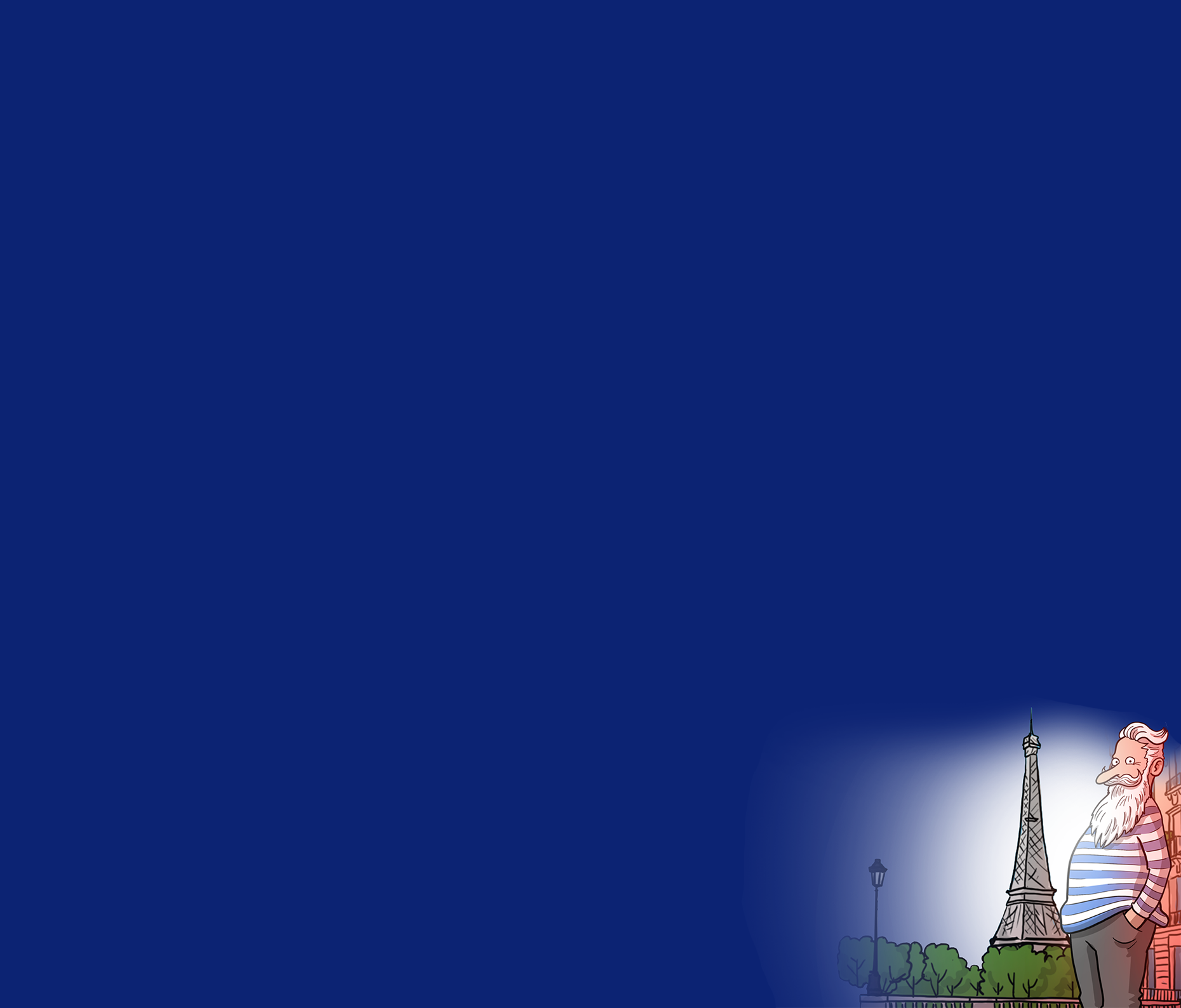The past form of the infinitive
When two past actions are described in a sentence, we use l'infinitif passé to indicate the action which occurs first.
Après avoir fermé les volets, Victor monta se coucher. After closing the shutters, Victor went up to bed OR After having closed the shutters, Victor went up to bed (first Victor closes the shutters, then goes up to bed).
Je suis désolé de ne pas être venu hier (ne pas être venu a eu lieu avant je suis désolé). I'm sorry for not coming yesterday OR I'm sorry for not having come yesterday (the act of not coming occurred before the apology).
Je suis désolé de ne pas être venu hier (ne pas être venu a eu lieu avant je suis désolé). I'm sorry for not coming yesterday OR I'm sorry for not having come yesterday (the act of not coming occurred before the apology).
L'infinitif passé is formed with the auxiliary ÊTRE or AVOIR in the infinitive form + the past participle of the verb.
manger → avoir mangé to eat → eating / having eaten
finir → avoir fini to finish → finishing / having finished
aller → être allé to go → going / having gone
se coucher → s’être couché to go to bed → going to bed / having gone to bed
finir → avoir fini to finish → finishing / having finished
aller → être allé to go → going / having gone
se coucher → s’être couché to go to bed → going to bed / having gone to bed
Note:
• L'infinitif passé is used to describe a finished action while l'infinitif présent is used to to describe an action in progress or a future action.
• L'infinitif passé is used to describe a finished action while l'infinitif présent is used to to describe an action in progress or a future action.
C’est une bonne idée d’aller au cinéma (= nous allons au cinéma maintenant). It's a good idea to go the movies (= we're going to the cinema now or soon).
C’est une bonne idée d’être allés au cinéma (= nous sommes déjà allés au cinéma). It was a good idea to go to the movies / to have gone to the movies (= we went to the movies already).
C’est une bonne idée d’être allés au cinéma (= nous sommes déjà allés au cinéma). It was a good idea to go to the movies / to have gone to the movies (= we went to the movies already).
• We use l'infinitif passé when the subject remains the same for both actions. Repeating the same subject twice in the sentence is unnatural.
Je pensais avoir fermé la porte à clef (rather than je pensais que j’avais fermé la porte à clef). I thought (I) had closed the door.
Still having trouble with 'The past form of the infinitive'? Master the rules of French grammar and improve your French level thanks to our online French lessons Frantastique. We're offering a 7-day free trial, so what are you waiting for?
What our users say:
Looking to improve French for beginners? Frantastique provides effective and fun training!
Tips for learning 'The past form of the infinitive'? Share them with us!

